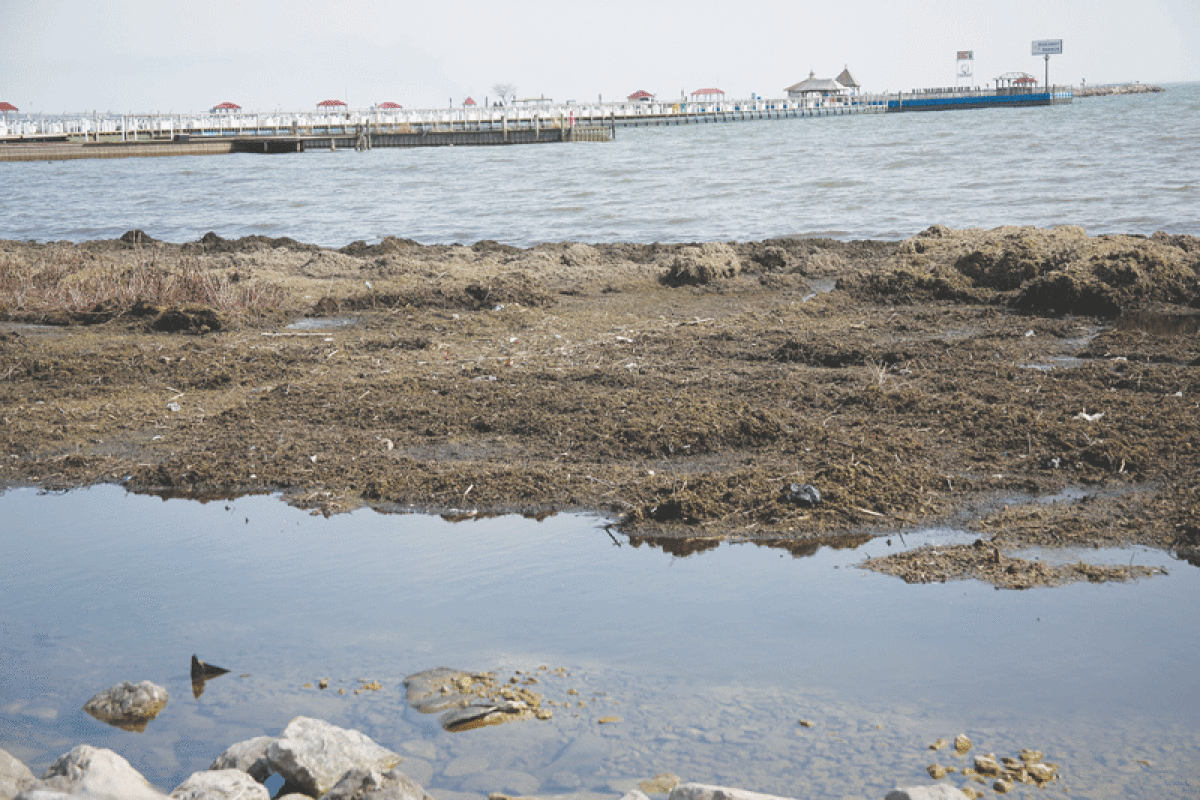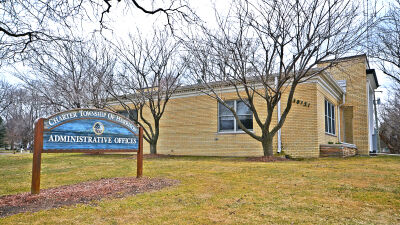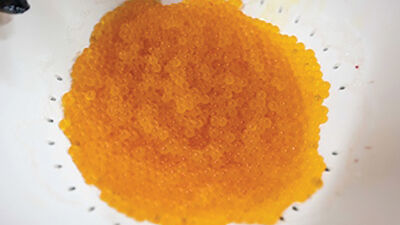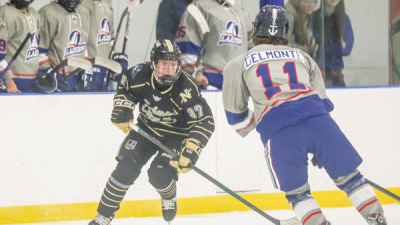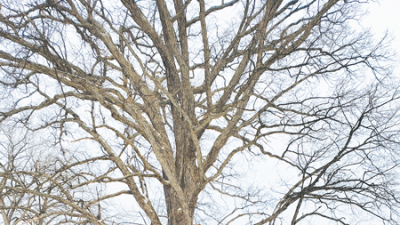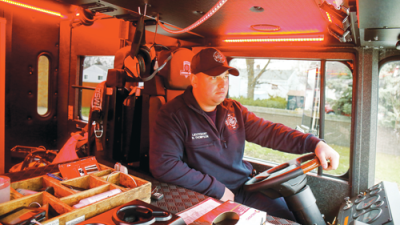HARRISON TOWNSHIP — Algae was the talk of the town at the May 8 Harrison Township Board of Trustees meeting, as county commissioner Barbara Zinner stopped by to give an update on the investigation into the Lyngbya infestation.
Lyngbya is an algae-like substance that has grown in Lake St. Clair for at least the past decade. Lyngbya gets caught around the shorelines and has caused significant damage, including the reconfiguration of the Jefferson Avenue boat launch. Macomb County recently approved an Army Corps of Engineers study of the algae in hopes of finding its causes and how to eradicate it from the lake.
“I was able to be on the boat with the Army Corps, and it was wonderful speaking with them one-on-one,” Zinner said.
Having been around and having spoken with U.S. Army Corps of Engineers personnel, Zinner was able to talk about some new information gleaned from her outing. She learned Lyngbya comes from “little green balls” found underneath the water surface. Around those balls are silver-colored filaments.
With the study taking place over two years, Zinner relayed to the board that research personnel would like to examine the lake during its four seasons.
Township Supervisor Ken Verkest attended a meeting with the U.S. Army Corps of Engineers and stated he “(felt) really good” about the Lyngbya study after attending.
“We did learn … that they did have a successful treatment program on an inland lake in Alabama,” Verkest said. “I learned that … there are different strains. They look at different things and say (if) this is a southern one or if this is from different parts of our country. This filamentous alga has been found in Minnesota, it’s been found in Lake Winnipeg, it’s been found in the St. Lawrence Seaway and it is an issue in southern states.”
Verkest said he believes the angle the research team is taking involves determining if Lyngbya is invasive and if zebra mussels affect it. Herbicidal treatments are also being discussed.
Fire station water heater
The board also approved the purchase of two new hot water heaters for Harrison Township Fire Department Station 2 from Aero Heating and Cooling for $11,511.
The cost involves replacing the current functional and nonfunctional 18-year-old heaters, installing two Navien NPE-240 tankless 95% efficient modulating hot water heaters and the labor of both tasks.
 Publication select ▼
Publication select ▼